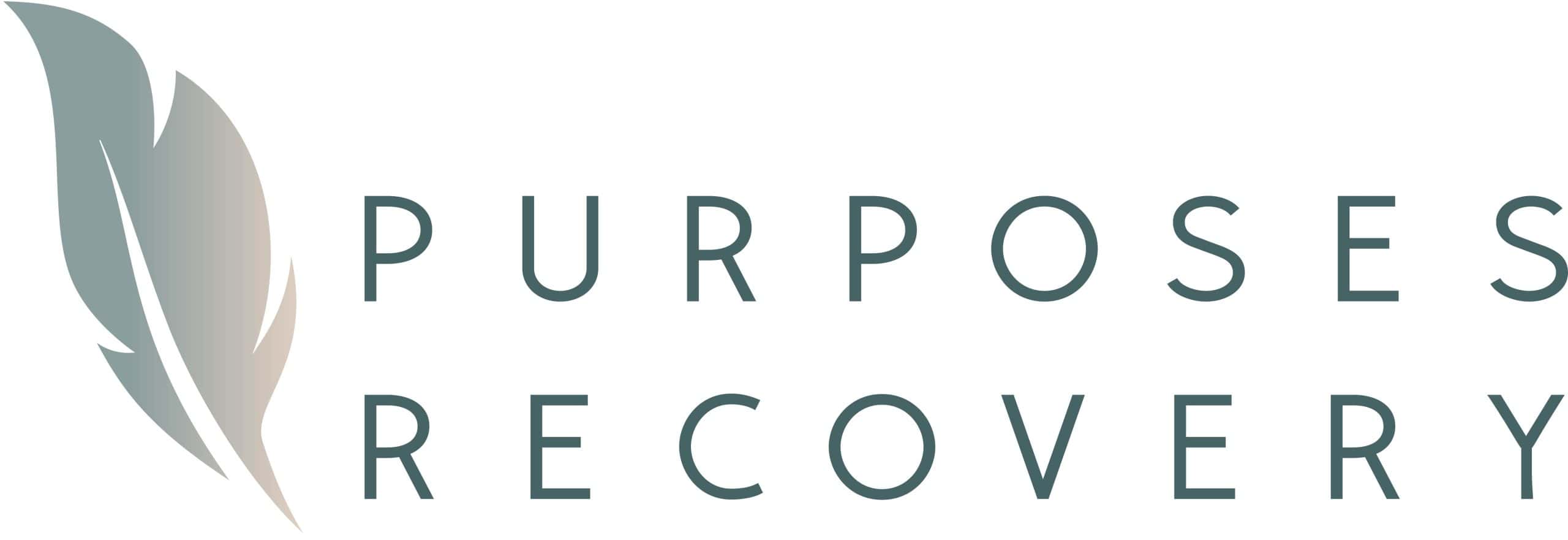Everyone has the right to feel safe. People who experience anticipatory anxiety, also known as catastrophizing, deal with unrealistic and debilitative fears of the future. Many worries are justified. Anxiety, which causes an unnecessary “long-lasting response to a diffuse threat,” is not.
No one has the same tolerance for living with uncertainty. Some people take stressful situations like job interviews, artistic performances, and romantic dates in stride. Others ruminate on potential events outside their control, like natural disasters or political strife. Left unchecked, these fears transform into debilitating anticipatory anxiety.
Symptoms and Causes of Anticipatory Anxiety
Anticipatory anxiety puts the body into a prolonged fear response state that enhances some biological functions at the expense of others. These adaptations helped primitive humans escape threats, but the brain can’t get away from the danger that exists in the imagination.
The fight or flight response makes the body jumpy and restless. The heart races, and breaths become shallow and rapid. Heightened awareness and physical reactivity helped primitive humans identify and react to threats in split seconds, keeping them alive. When anxiety overextends the fear response, the strain creates problematic symptoms:
- Headaches
- Fatigue
- Insomnia
- Sweating
- Tremors and twitches
- Upset stomach, excessive urination, or diarrhea
Anticipatory anxiety is a symptom of one or more psychiatric anxiety disorders, such as generalized or social anxiety disorder, phobias, or panic disorders. A little-understood combination of genetic factors, life experiences, and medical side effects contribute to these illnesses.
Fortunately, treatments and interventions for anxiety are better understood by the scientific community than the causes. Treatment options range from psychological and psychiatric intervention to rudimentary self-care.
- Handle Basic Needs
Anxiety patients who satisfy day-to-day necessities like food, drink, and sleep equip themselves to handle their symptoms better. Self-care involves proper hydration, a healthy diet, regular exercise, and limited sugar and caffeine intake. Sufficient sleep also reduces anxiety, and treatment for one condition improves the other. Patients use breathing exercises and meditation to improve their sleep before they seek medical intervention.
- Relax, Meditate, and Ground
People with anxiety struggle to regulate themselves and relax. They can, however, use several well-established techniques to decrease tension in an anxious body and brain.
“Grounding” techniques force them to think about the calm, safe present rather than a possible dangerous future. Deep breathing wrenches the body out of its physical fear response, and its overstimulated emotions deescalate as its physical response settles down. Meditation better attunes patients to their physiological responses to anxiety and helps them consciously replace their fear response with relaxation.
Productive time alone with thoughts leads to revelations patients want to remember. If they keep a dedicated journal, they can record them for later.
- Journal
Journaling gives patients an opportunity to convert their undefined fears into action with analyzable concepts. Thoughtful analysis after their anxiety fades helps them realize how their emotions distorted reality and made them feel afraid unnecessarily. This revelation will help them confront future attacks with concrete, personally-lived evidence.
- Think Through More Likely Scenarios
Patients can evaluate previous situations where nothing went wrong to confront unrealistic expectations (which cause anxiety) with hard evidence. This common cognitive behavioral therapy technique addresses patients’ “cognitive distortions.” After the patient recognizes their catastrophizing is not realistic, they can accept and believe good things can happen without their input.
- Accept the Impossibility of Complete Control
People with anxiety fear the consequences of events they can’t control and expect the worst possible results because of it. But no one can control everything. Everyday activities, such as crossing the street, place the pedestrian’s safety in drivers’ hands. Acceptance of this fact is critical for anxiety treatments.
Anxiety patients should work to control what they can instead. For example, employees anxious about layoffs cannot change reality to remain employed. But they can control how they respond to their potential termination. No one else decides how much time they devote to future job applications or how soon they update their resume. These aspects of the job search are entirely within their control.
- Take Control and Prepare
People worried about an unlikely future scenario don’t need to completely surrender to external circumstances. They can still make healthy, realistic preparations to regain control over the situations they fear and gain evidence to overcome the associated anxiety.
This paper discusses a man concerned about burglaries who prepares for the worst within reasonable limits. He uses those measures when anxiety strikes to reassure himself and gather evidence that his fears are unfounded.
He installed a security system to protect his home. When he hears a noise at night, he confirms the security system hasn’t set off an alarm and says all is well. Though still reasonably worried, he trusts in the system and doesn’t panic. He then checks his doors and windows and finds them intact. With evidence of safety mounting, he continues to calmly investigate and finds his garbage cans knocked over and spilled open.
Though he feels anxious about a burglary, he confronts his anxiety with conclusions derived from evidence. No criminals broke into his home, and the intruder, whoever they were, wanted his garbage more than his valuables. Raccoons are native to the area, and he can safely assume the uninvited guest made that noise. Though his anxiety lingers, he concludes he has nothing to fear tonight.
He then writes his thought process down in his journal, meditates, and returns to bed.
Not everyone can put themselves through this process on their own. In those cases, they can visit a doctor to assist them.
- Visit a Doctor
Other anxiety disorders cause anticipatory anxiety. Therapy and psychiatric assistance, including medications, can work in tandem with the examples discussed in this article. The combination helps patients participate and become more invested in their treatment and eventual success.
In some cases, they also need to treat the underlying cause. Substance use disorders can accompany anxiety in a phenomenon called a co-occurring diagnosis.
Confront Sources of Anxiety with Inpatient Mental Health Programs
Anxiety often manifests as a symptom of a larger problem, such as substance use disorder. Purposes Recovery facilities include a luxury detox center in Los Angeles that combines anxiety therapies and sobriety regimens into a holistic treatment program.
Along with its facilities for luxury rehab in Los Angeles, Purposes Recovery operates a website full of sobriety and mental health resources. Explore the blog for more helpful information.



